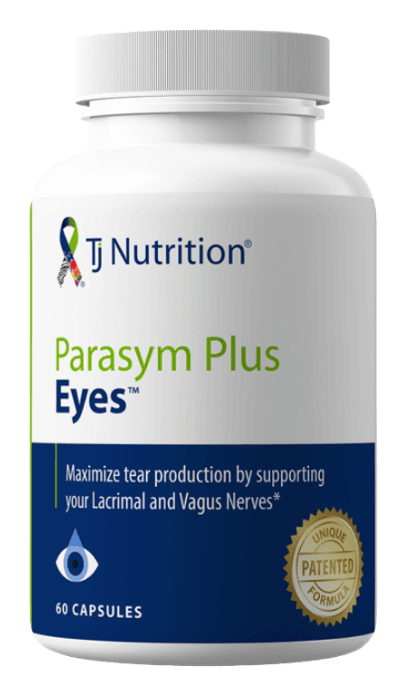Top Ten Signs You Need to Support Acetylcholine
What are the signs you need to support acetylcholine? The symptoms of low acetylcholine can be easy to miss because there is no blood test for it. Acetylcholine is a chemical messenger needed by your nervous system – the central nervous system (brain function), the peripheral nervous system (muscles), and the autonomic nervous system (all “automatic” functions).
When acetylcholine levels are insufficient, anticholinergic syndrome results. When dramatic or due to poisoning, this is easy to recognize. When subtle, however, it can be interpreted as “just getting older”, “being stressed out”, or “just not feeling my best”.
Inflammation, aging, genetic traits, chronic illness, some medications, and even extreme exercise can reduce the release of acetylcholine.
When dry eye is one manifestation of this systemic problem, supporting acetylcholine can result in normalized tear production and maximized overall wellness.
Top Ten Signs You Need to Support Acetylcholine:
- Chronic dry eye
- Poor short-term memory or “brain fog”
- Sluggish digestion and constipation
- The inability to relax easily or being “high strung”
- Fatigue, especially mental fatigue
- Large pupils, often with light sensitivity
- Emotional instability
- Dry Mouth
- Fast heart rate
- Chronic inflammation
There is no blood test for low acetylcholine release. Doctors must recognize this based on presentation. When subtle, it is easy to miss.
When corrected properly, tear production normalizes , and overall wellness improves.






